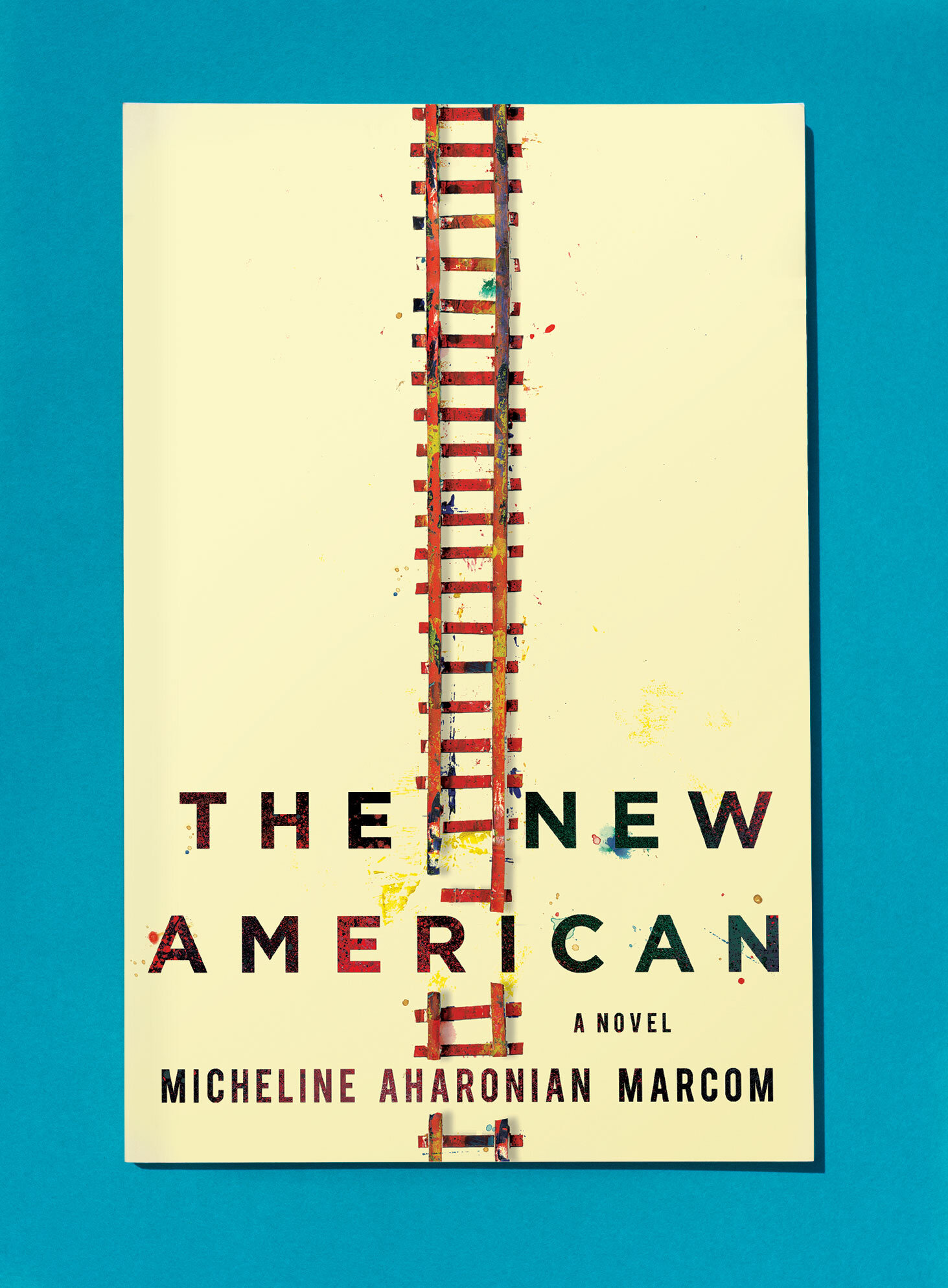The New American
A book that recounts the epic journey of a young Guatemalan-American college student, a “dreamer,” who gets deported and decides to make his way back home to California.
Emilio believes he is living the American Dream: his parents, who emigrated from Guatemala to California, sacrifice daily to ensure it. And his life seems relatively normal until he turns sixteen. Like most teenagers, Emilio is determined to get his driver’s license—however, his mother discourages it. When Emilio asks why, his parents reveal a shocking secret: he is undocumented.
Emilio adjusts to his new normal. He attends UC Berkeley. He falls in love. All is going well…until Emilio gets into a car accident and—without a driver’s license or any documentation—the policeman on the scene reports him to Immigration and Customs Enforcement [ICE].
Emilio is deported to Guatemala. But he is determined to get back to California, the only home he has ever known. It is an epic journey that takes him across thousands of miles through remote towns, lush jungles, and eventually the Sonoran Desert of the US-Mexico border, meeting thieves and corrupt law enforcement but also kind strangers and new friends.
The New American is the latest novel by Micheline Aharonian Marcom and puts a very human face on the questions of migration, undocumented immigrants, refugees, and the lives of those consigned to living in the shadows.
“Marcom has penned a lyrical mediation on being and becoming, identity and anonymity, and the ambiguity of place. ”
Marcom’s prose is steady and soulful, particularly during the graphic, harrowing account of an excruciating Sonora Desert crossing...[her] remarkable tale credibly captures the desperation and despair of those who undertake the dangerous trek north.
— Publishers Weekly (Starred Review)
“[Marcom's] telling resonates with heartbreaking authenticity. And despite the travails she is describing, Marcom’s writing is vibrant and often poetic....Today’s headlines will not let us forget that thousands of other children riding the Bestia. Marcom’s compassionate novel illuminates their painful journey.”
— New York Journal of Books
“[Marcom] depicts inhumanity with visceral force, but her bracing empathy (and hope) shines above all.”
“Marcom masterfully navigates the graphic ugliness of deportation and anguished immigration with entreaties to a remote and capricious God, creating a tough but necessary and beautiful novel.”
— Sara Martinez, Booklist
“[A] harrowing, heartbreaking story…Marcom’s plotting and pacing are well honed, and her prose is often revelatory…a gripping novel.”
"[A] poetic nightmarescape that hums with foreboding and the anguish of lost innocence...Marcom masterfully navigates the graphic ugliness of deportation and anguished immigration with entreaties to a remote and capricious God, creating a tough but necessary and beautiful novel."
—Booklist
“With the power and the beauty of her words Marcom makes us question the basic human logic of creating the conditions that force people to flee their homes, even when the fleeing means leaving one hell for another.”
“What animates The New American is the bare truth of the journey countless migrants have undertaken, from La Bestia to the deadly stretch of the Sonoran Desert that Emilio must eventually drag himself through. Firsthand experiences related to Marcom guide the work, along with the persistence and belief evinced by each interviewee—qualities she says continue to surprise her.”
— Brandon Yu, KQED Arts & Culture
“The book isn’t a thriller, and it doesn’t attempt to sensationalize a migrant’s journey; instead, it’s emotionally wrenching because that truly reflects the experience of undocumented immigrants in the United States.”
— Bitch Mag’s 15 Books Feminists Should Read
“The spare prose style in The New American never lingers too long on any horrific image, keeping the narrative from becoming openly voyeuristic. Just as the protagonists must push on, the book documents each tragedy and advances ever onward.”
— Washington Independent Review of Books
“[An] emotionally piercing, compulsively readable novel.”
"The author's effort to "humanize" Emilio the Dreamer and the other Central American migrants raises questions about whom this novel is for and what it's assuming about whose voices will be heard on migration. A gripping novel to read alongside the work of contemporary Latinx writers."
— Kirkus Reviews
